ড. মোহাম্মদ আরিফ হোসেন একজন শিশু রোগ বিশেষজ্ঞ ও সেল-বায়োলজি গবেষক, যিনি মূলত নিউরো-মেটাবলিক রোগ ও iPS (induced pluripotent stem) সেল বিষয়ক গবেষণায় নিয়োজিত। তিনি গোপালগঞ্জের কাশিয়ানীতে জন্মগ্রহণ করেন এবং প্রাথমিক ও মাধ্যমিক শিক্ষা সম্পন্ন করেন স্থানীয় বিদ্যালয়ে। পরবর্তীতে ঢাকা মিরপুর বাঙলা কলেজ থেকে উচ্চমাধ্যমিক পাশ করে রাজশাহী মেডিকেল কলেজে ভর্তি হন। সেখান থেকে এমবিবিএস সম্পন্ন করার পর শিশু রোগে পোস্টগ্রাজুয়েশন অর্জন করেন।
তিনি জাপানের ওসাকা বিশ্ববিদ্যালয় থেকে পিএইচডি সম্পন্ন করেন এবং শিশু নিউরো-মেটাবলিক রোগে ক্লিনিক্যাল ফেলোশিপ লাভ করেন। ড. হোসেন iPS সেল থেকে নিউরন কোষ আলাদা করে নিউরো-মেটাবলিক রোগের চিকিৎসা উদ্ভাবনে কাজ করছেন।
তিনি সৌদি আরবে Neuro-Metabolic Specialist হিসেবে কর্মরত ছিলেন এবং বর্তমানে আন্তর্জাতিক সহযোগিতার মাধ্যমে এশিয়ার বিভিন্ন দেশে বিনামূল্যে রোগ নির্ণয় সহায়তা প্রদান করছেন। তাঁর গবেষণামূলক কাজের জন্য তিনি পেয়েছেন Kunihiko Suzuki Award (২০১৭), Young Scientist Award (Nature Publications, ২০১৭) সহ একাধিক আন্তর্জাতিক স্বীকৃতি।
HONORS AND AWARDS
💬 প্রশ্নোত্তর পর্ব:
প্রশ্ন: বর্তমানে আপনি কী নিয়ে কাজ করছেন?
উত্তর: বর্তমানে আমি iPS cell নিয়ে কাজ করছি। আমার উদ্দেশ্য হলো iPS cell থেকে নিউরন সেল বা মস্তিষ্কের কোষ আলাদা করা, যার মাধ্যমে নিউরো-মেটাবলিক রোগের চিকিৎসা সম্ভব হবে।
প্রশ্ন: আইপিএস (iPS) সেল কী? এটি ক্যান্সার প্রতিরোধে কীভাবে ভূমিকা রাখবে?
উত্তর: iPS cell অর্থ induced pluripotent stem cell। এই প্রযুক্তির উদ্ভাবনের জন্য ২০১২ সালে নোবেল পুরস্কার পান অধ্যাপক শিনিয়া ইয়ামানাকা। মানবদেহের প্রতিটি অঙ্গই Embryonic cell থেকে গঠিত। কিন্তু একবার অঙ্গ তৈরি হলে পুনরায় সেই অবস্থায় ফেরা সম্ভব নয়। iPS cell প্রযুক্তিতে চামড়া বা রক্তের কোষকে বিশেষ ভাইরাসের মাধ্যমে রূপান্তরিত করে পুনরায় pluripotent অবস্থা আনা হয়, যা থেকে প্রয়োজনীয় অঙ্গ বা কোষ তৈরি করা সম্ভব হয়।
প্রশ্ন: আপনি সৌদি আরবে Neuro-Metabolic Specialist হিসেবে কাজ করেছেন। এটি কী ধরনের ক্ষেত্র?
উত্তর: নিউরো-মেটাবলিক রোগ সাধারণত জিনগত ত্রুটির কারণে ঘটে। ফলে শিশুর মস্তিষ্ক, লিভার, হার্টসহ বিভিন্ন অঙ্গ ক্ষতিগ্রস্ত হয়। এই রোগের গবেষণা ও চিকিৎসা এখনও সীমিত, তাই আমি এটি নিয়ে কাজ করতে আনন্দ পাই।
প্রশ্ন: আপনি চিকিৎসক হলেও গবেষণায় গভীরভাবে যুক্ত। কোন পেশাটি আপনার কাছে বেশি প্রিয়?
উত্তর: উন্নত বিশ্বে প্রায় প্রতিটি চিকিৎসকই গবেষণায় যুক্ত থাকেন। আমি নিজেকে একজন “ফিজিশিয়ান কাম রিসার্চার” হিসেবে দেখি। দুটো কাজই সমানভাবে উপভোগ করি।
প্রশ্ন: ভবিষ্যতে আপনার গবেষণার পরিকল্পনা কী?
উত্তর: আমি নিউরো-মেটাবলিক গবেষণাকে আরও বিস্তৃত করতে চাই। বর্তমানে আমরা এশিয়ার বিভিন্ন দেশে সহযোগিতামূলক গবেষণা করছি। আমি চাই এই অভিজ্ঞতা বাংলাদেশের কাজে লাগুক, বিশেষ করে বিএসএমএমইউ ও শিশু হাসপাতালের মতো প্রতিষ্ঠানে।
প্রশ্ন: গবেষণার পাশাপাশি আপনার শখ কী?
উত্তর: আমার অবসর সময় খুব সীমিত। বাসায় ফিরে তিন সন্তানকে নিয়ে সময় কাটাতে ভালো লাগে। এছাড়া ভ্রমণ ও বিভিন্ন ধরনের বই পড়তে পছন্দ করি।
প্রশ্ন: তরুণ শিক্ষার্থীরা যারা বিজ্ঞানে কাজ করতে চায়, তাদের জন্য আপনার পরামর্শ কী?
উত্তর: গবেষণার কোনো বিকল্প নেই। চিকিৎসা, প্রকৌশল বা অন্য যেকোনো ক্ষেত্রে গবেষণা ছাড়া জ্ঞানের বিকাশ অসম্ভব। তরুণদের উচিত নিজেদের উদ্যোগে ছোট ছোট গবেষণা শুরু করা। কেউ যদি সহযোগিতা চান, ইনশাআল্লাহ্ আমি পাশে থাকব।
🔗 প্রোফাইল লিংক:
LinkedIn প্রোফাইল
ResearchGate প্রোফাইল
ড. আরিফ হোসেনের গবেষণা শিশু নিউরো-মেটাবলিক রোগের চিকিৎসা ও জেনেটিক চিকিৎসা বিজ্ঞানে এক নতুন দিগন্ত উন্মোচন করছে। iPS cell প্রযুক্তিকে কেন্দ্র করে তাঁর কাজ মানবিক চিকিৎসার এক আশাব্যঞ্জক অধ্যায়।
বিজ্ঞানী.অর্গ টিম ড. আরিফ হোসেনের সাফল্যের জন্য আন্তরিক শুভেচ্ছা জানাচ্ছে। তাঁর গবেষণা বাংলাদেশের তরুণ বিজ্ঞানীদের জন্য প্রেরণার উৎস হয়ে উঠুক— এই আমাদের কামনা।
A Pediatrician Turned Researcher: The Scientific Path of Dr. Arif Hossain
Dr. Mohammad Arif Hossain is a pediatrician and cellular biologist specializing in neuro-metabolic disorders and iPS (induced pluripotent stem) cell research. Born in Vatiapara, Kashiani, Gopalganj, Bangladesh, he completed his secondary education locally and pursued higher secondary studies at Mirpur Bangla College, Dhaka. He graduated with an MBBS degree from Rajshahi Medical College and later obtained his post-graduation in pediatrics.
He earned his Ph.D. from Osaka University, Japan, and completed a clinical fellowship in pediatric neuro-metabolic diseases at the same institution. Dr. Hossain’s current research focuses on deriving neuron cells from iPS cells to develop treatment strategies for neuro-metabolic disorders.
He has also served as a Neuro-Metabolic Specialist in Saudi Arabia and currently collaborates with several Asian countries to provide free diagnostic support for inherited metabolic diseases. His notable awards include the Kunihiko Suzuki Award (2017), Young Scientist Award (Nature Publications, 2017), and several international honors recognizing his contribution to medical genetics and stem cell research.
💬 Interview Section:
Question: What are you currently working on?
Answer: I’m currently working on iPS cells. My goal is to isolate neuron cells (brain cells) from iPS cells to develop potential treatments for neuro-metabolic diseases.
Question: What is an iPS cell, and how can it help in cancer prevention?
Answer: iPS cells are induced pluripotent stem cells. The discovery of iPS cells earned Professor Shinya Yamanaka the Nobel Prize in 2012. All human organs — brain, liver, blood — originate from embryonic cells. Once the organs are formed, it’s impossible to revert to that embryonic state naturally. iPS cells are created by reprogramming skin or blood cells using specific viruses, turning them into pluripotent stem cells similar to embryonic cells. These cells can then be used to regenerate damaged tissues or organs.
Question: You worked as a Neuro-Metabolic Specialist in Saudi Arabia. Can you explain this field?
Answer: Neuro-metabolic diseases are mostly genetic. Children are born with certain gene defects that later cause dysfunction in the brain, liver, kidneys, and heart. Although the number of such patients is not small, research and treatment in this area remain limited. That’s why I’m passionate about studying and addressing these diseases.
Question: You are both a physician and a researcher. Which profession do you enjoy more?
Answer: In developed countries, most physicians are also researchers. I consider myself a “physician-researcher.” I truly enjoy both equally.
Question: What are your future research plans?
Answer: I’ve received several international awards for my work on neuro-metabolic diseases. Now I want to expand this research further. Our institute collaborates with several Asian countries to support diagnosis of neuro-metabolic disorders free of cost. I’ve reached out to several professors in Bangladesh — especially at BSMMU and the Dhaka Shishu Hospital — to collaborate, but unfortunately, I haven’t received much response yet. I’d love to contribute my expertise to my home country.
Question: What do you do in your leisure time?
Answer: Honestly, I don’t have much leisure time. I have three children, and their laughter fills my evenings with joy. Spending time with them recharges me for the next day. I also love traveling and reading books of various genres.
Question: What advice would you give to young students interested in science?
Answer: Research has no alternative. Without research, there is no future — whether in medicine, engineering, or any other field. A doctor who doesn’t research may not fully understand why a treatment works or doesn’t work. Should we rely on others’ discoveries forever? Let’s start, even on a small scale. Anyone seeking guidance or help will always find me by their side, Insha’Allah.
🔗 Profile Links:
LinkedIn Profile
ResearchGate Profile
Dr. Arif Hossain’s research in pediatric neuro-metabolic diseases and iPS cell technology marks a significant step toward next-generation medical treatment. His dedication to collaborative, human-centered science is inspiring.
The biggani.org team wishes Dr. Hossain continued success and hopes his work becomes a source of inspiration for aspiring Bangladeshi scientists around the world.
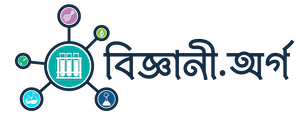
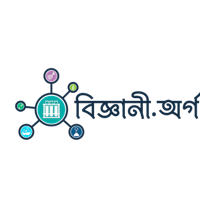
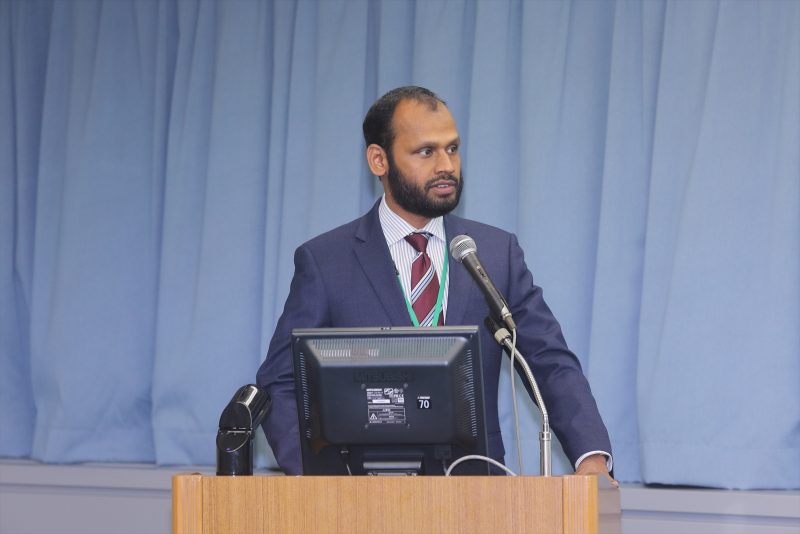



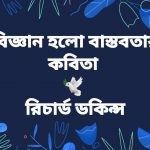
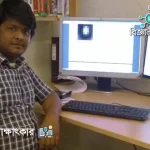
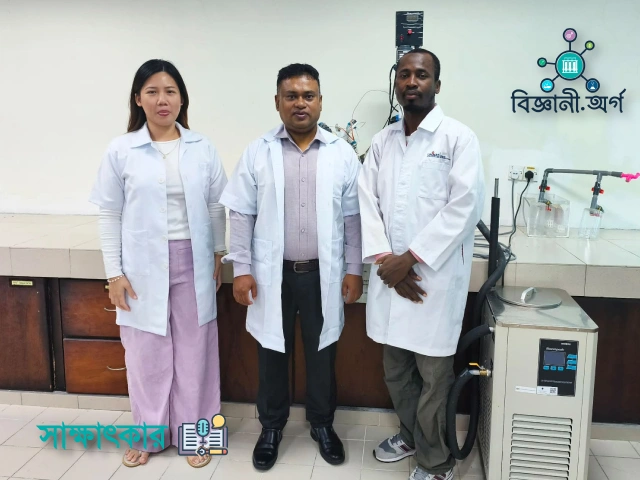
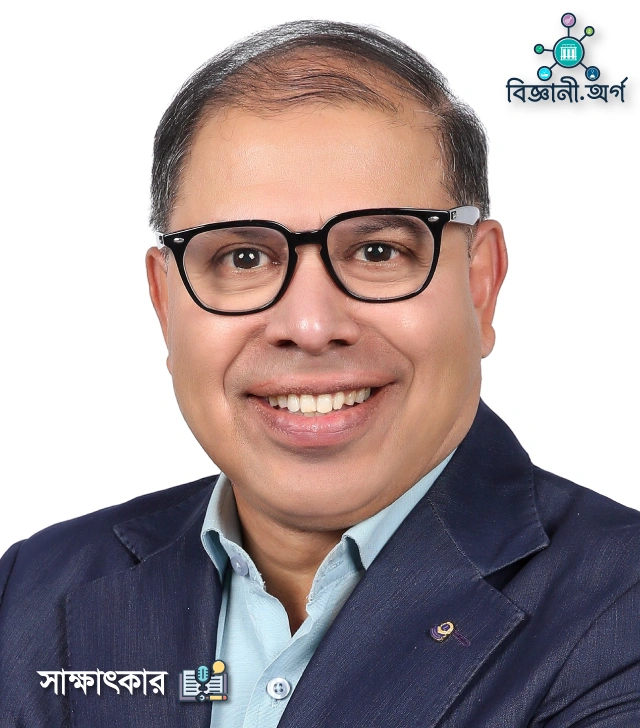
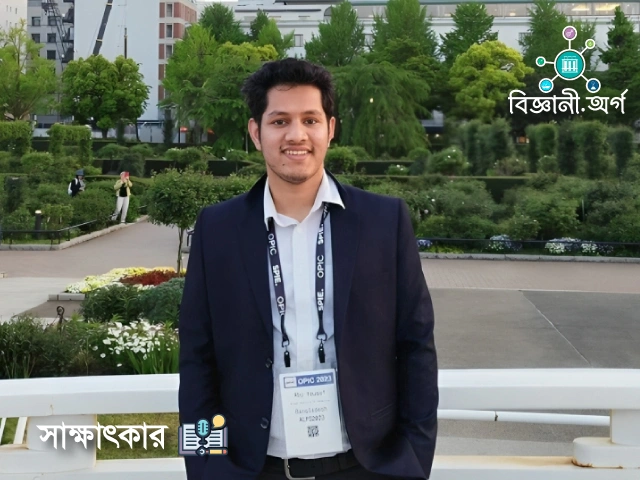
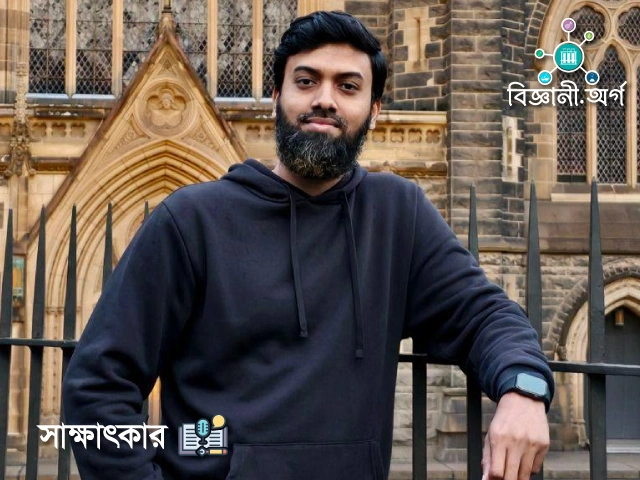
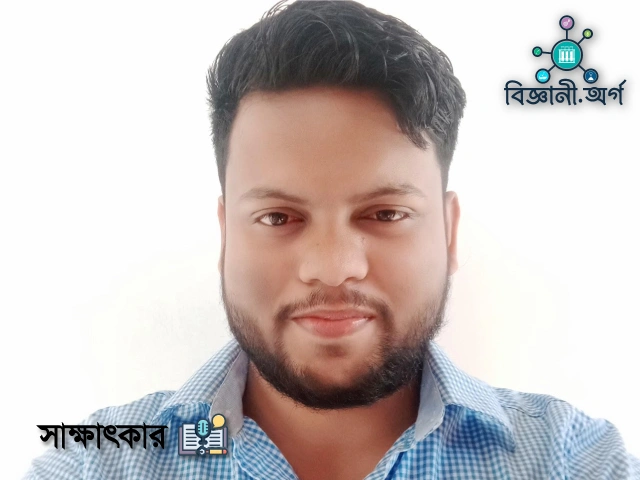
Leave a comment